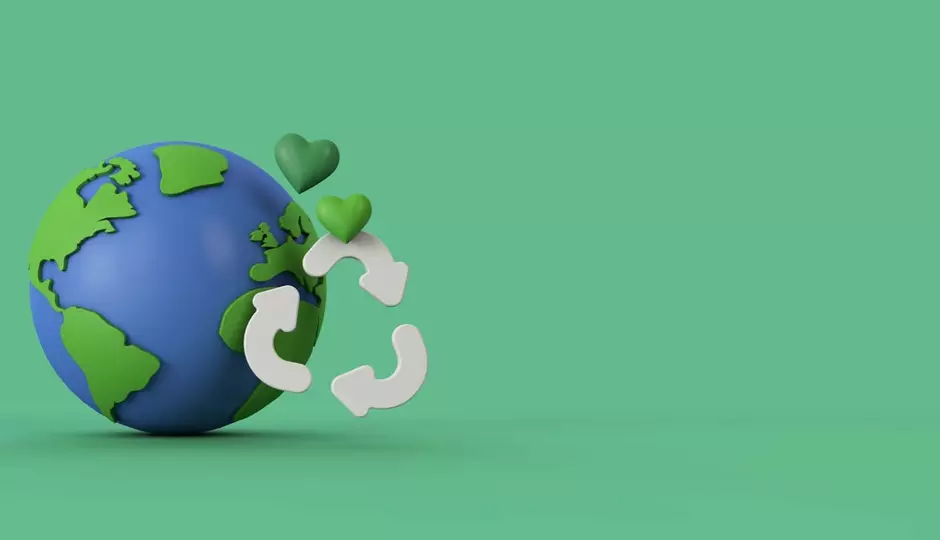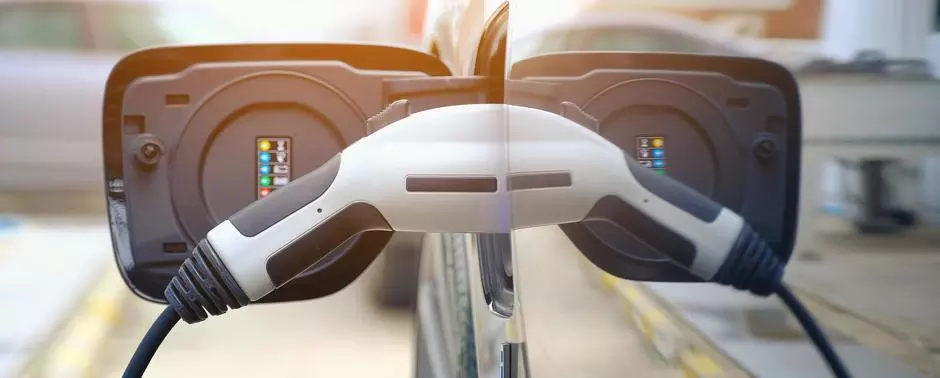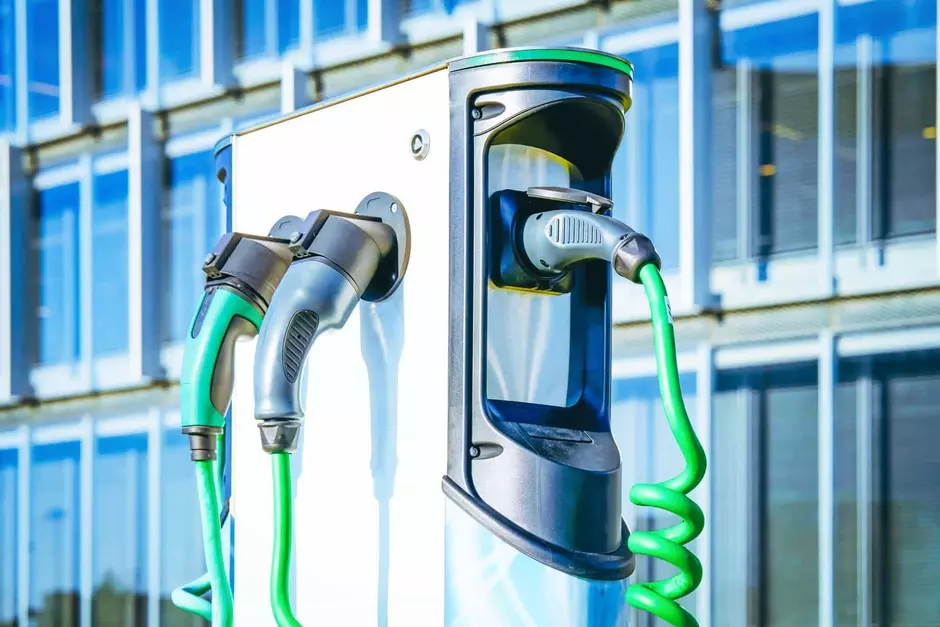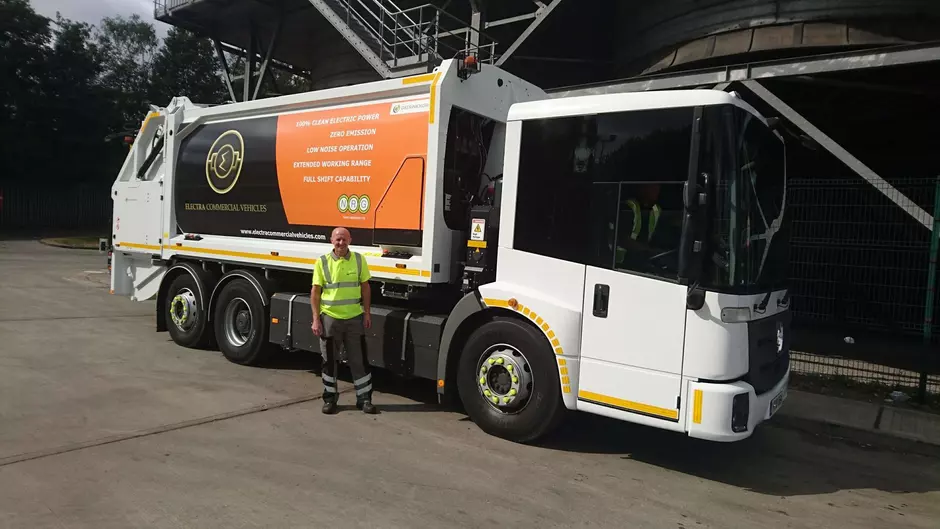With the number of electric vehicles on the road expected to grow from 8 million in 2020 to 116 million in 2030, ensuring stable access to raw materials is a strategic challenge. According to Statista, electric vehicle sales are climbing by around 140% year on year.
Materials used today in EV batteries are not always recovered at their maximum value. These are much more difficult to recycle than traditional lead-acid batteries due to their make-up of hundreds of lithium cells, requiring dedicated expertise to treat. Many of the materials required for battery manufacturing rely on traditional water and energy-intensive processes. It is estimated that 500,000 gallons of water is required to extract one tonne of lithium using this type of mining. Urban mining or the use of recycled materials could reduce water consumption as well as cutting greenhouse gas emissions from battery production by up to 50%.
Recycling electric vehicle batteries across the globe
At Veolia, we have been recycling EV batteries across the globe since 2013. In our recycling plant in eastern France, batteries are dismantled and undergo a combination of mechanical and hydrometallurgical processes to make it possible to treat the active cells and extract the active metals. These metals are then used by industry and transformed into new materials, setting a precedent for how used batteries can contribute to a circular economy.
In China, we have recently started production at a new high-capacity plant, a joint venture with local actors from the battery ecosystem. We also partnered with Solvay and Group Renault to launch a consortium on creating a circular value ecosystem for electric and hybrid vehicle batteries in Europe. This will enable scarce raw materials to be reused through closed-loop recycling. Work to develop additional projects is under way, including in the United States.
Presence in the United Kingdom
Veolia’s new facility in Minworth, West Midlands marks the first step in developing recycling technology and treatment capacity within the UK. With an anticipated 350,000 tonnes of end-of-life electric vehicle batteries predicted to be in the country by 2040, the innovation becomes essential to the future of transportation and resource security on a whole. For this recycling process, the plant initially discharges the electrical energy from the battery to 0 volts and dismantles batteries into smaller modules and cells before the mechanical and chemical separation recycling processes are carried out, enabling the materials found within EV batteries to be reused. Innovation is constant across the Veolia facilities, and the plans for Minworth do not stray from this. For now, the future of Minworth looks toward shipping the extracted cells and modules to our colleagues in France for carbon, water and financial benefits, as well as recycling the plastic and metal elements within the UK and additionally, looking to introduce a battery shredding capability on site to provide an all-round facility.
There has been a lot of progress in recycling batteries but only through the continued development of new technologies will we be able to meet evolving recycling and recovering needs.
Is your business looking for EV battery disposal?
Register your interest in our new battery recycling facility.
-Further Reading-
How to Transition your Business to a Circular Economy
Download your copy of 'How to Transition your Business to a Circular Economy', and discover more about the closed-loop approach.
The road to electric, emissions-free transport
We are all aware of the Net Zero deadline looming ahead of us - the UK needs to be carbon neutral by 2050. There are many different issues and sectors that we need to focus on to get there, including transport.
Electric Vehicle Charging Stations
Electrify your fleet to meet your carbon reduction and clean air targets with Electric Vehicle Charging Stations
Veolia to trial electric Refuse Collection Vehicles
We're trialling innovative electric Refuse Collection Vehicles (RCV) charged by power derived from the waste they have collected.






